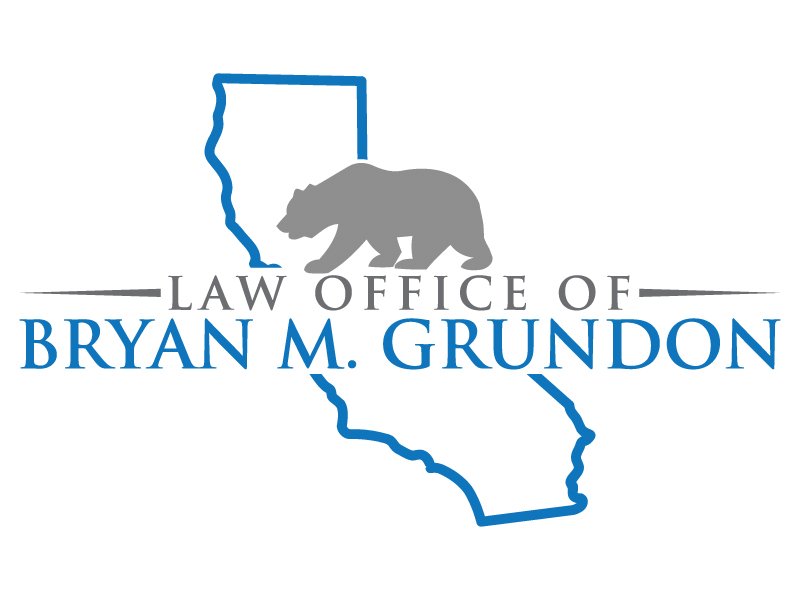In California post judgment execution, understanding the whole process is key. We have gone over the nuts and bolts of how to do a wage garnishment on a previous post you can check that out here. For this post, we turn the spotlight to an equally critical aspect: opposing claims of exemption.
When a debtor files this claim of exemption, claiming certain portions of their wages or bank account as exempt, it requires specific timely action, or you will automatically lose the funds you have worked so hard to get. This guide equips you with the knowledge and strategies to navigate the process of contesting the exemption.
Automatic Exemptions
Some exemptions are automatic meaning the debtor will get them without having to do anything. An example of this on the garnishment side would be if the debtor makes less than the threshold money amount per paycheck be garnished or the bank levy side if public benefits like disability or Social Security checks are identifiable in the account. These sorts of exemptions are not challengeable.
Exemptions that are not automatic can be challenged if a specific timely formula is followed. For this post we will focus on the exemption our office receives most often: the funds are exempt because they are necessary for the care and support of family.
Process Of Claims Of Exemption
When is judgment debtor files this claim of exemption submit the claim of exemption which states the basis for the exemption, what amount they claim is exempt and an amount which they would be willing to accept as a garnishment per pay period along with a financial statement that details their income and expenses with the sheriff's department in the county that the levy or garnishment was done. You can see the financial statement form here . Once a claim of exemption is received by the Sheriff's Office they will send notice of the claim of exemption and financial statement to the judgment creditor. The notice to the judgment creditor will have the date that it was served. This is critical to note because the way these exemptions work is that the levying officer (Sheriff) will release the money to the judgment debtor automatically unless the judgment creditor files with the court and serves an original notice and opposition to claim of exemption on both sheriff and judgment debtor within the time specified by law.
Support Of Family Exemption
The law on opposing an exemption for funds necessary for the support of family, There is no precise definition of what is “necessary” for the support of a judgment debtor or his or her family. “Necessary” expenses normally include housing costs, food, insurance, automobile costs, etc. However, the court must consider the circumstances surrounding each individual case—what is “necessary” in some circumstances may be a luxury in others. J.J. MacIntyre Co. v. Duren (1981) 118 Cal.App.3d Supp. 16, 18. The best way to approach this to look at the debtors financial statement and identify expenses that are excessive and luxuries (You would be surprised at how often I’ve seen a multiple financed luxury car payments listed on these financial statement forms) then ask for a number that is less than the total amount you feel is exempt. A lot of times debtors will list installment agreement contracts like credit card payments. In my experience, judges tend not find these as exempt. There is a lot of leeway for the judge to use his or her discretion to determine the exemption.
Law Office Of Bryan M. Grundon For Your California Collection Issues
Opposing a claim of exemption is a highly technical process with significant time pressure. For help with opposing a claim or exemption or other collection issues in the State of California contact our office HERE

